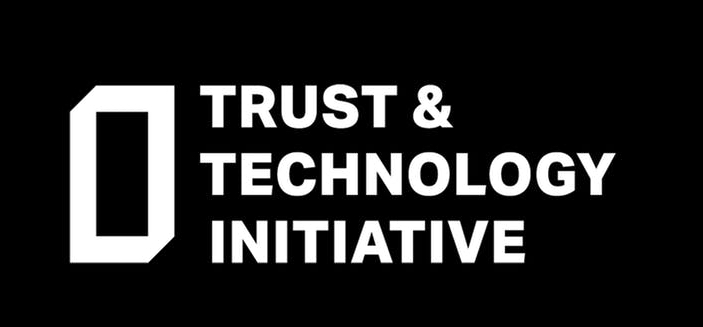Submitted by A. Lorenz on Wed, 28/10/2020 - 13:06
Once your carefully collected data is out there - what happens to it once information flows between people and machines, echoes across borders, is interpreted, re-coded, transformed and analysed as it travels across digital spaces? What tools could we use to verify this rapidly-proliferating digital information? How can we know which digital methods and tools to trust when we aim to corroborate highly sensitive data?
A group of researchers at the Department of Sociology has mapped exactly that scenario in an interactive experience, developed in conjunction with the the Office of the United Nations High Commissioner for Human Rights (OHCHR) The result is an interactive decision-making-tree, the Human Rights Digital Toolkit (HRDT). While its immediate focus is on the space of fact-finding in the Human Rights space, the toolkit demonstrates broader implications of the use of data and digital literacy across many fields of knowledge and sectors.
The traditional space of human rights fact-finding has been drastically transformed with the use of digital tools, technologies and methods. The use of open-source investigation (OSINT) has further accelerated this transformation. As the social media information on human rights violations proliferates online, it becomes proportionally important to support the process through which human rights fact-finders gather, verify and present this digital evidence.
The Social Life of Data (SLoD) is an interactive experience where users become digital data in the shape of videos, narratives and numbers. This allows players to follow the data across different digital ecosystems, from being part of an article in The Guardian to becoming a Twitter hashtag or going viral as a famous meme. These projects are also thought-provoking for the digital citizen, witness, consumer and community-member navigating volatile digital information ecosystems.

